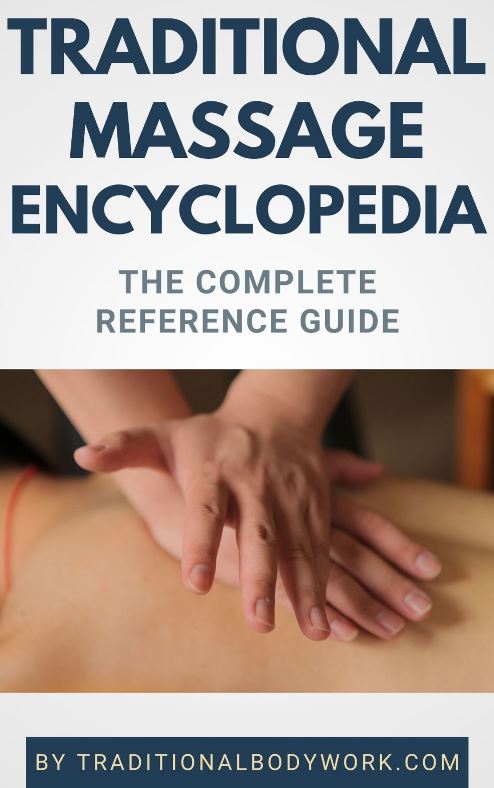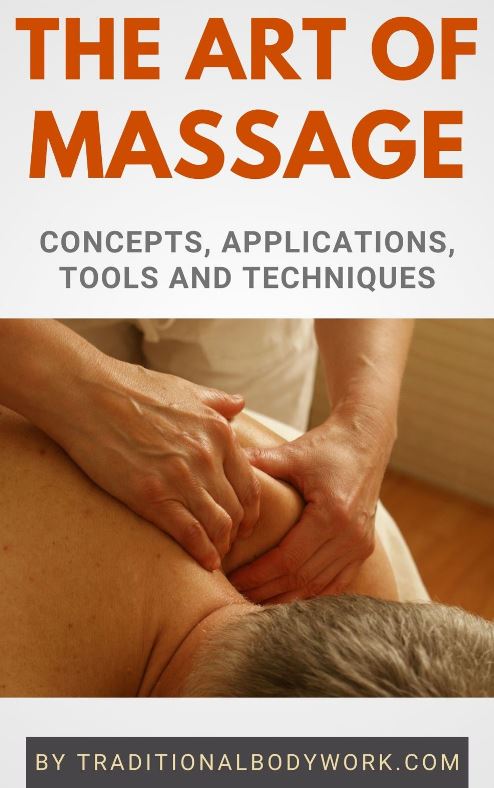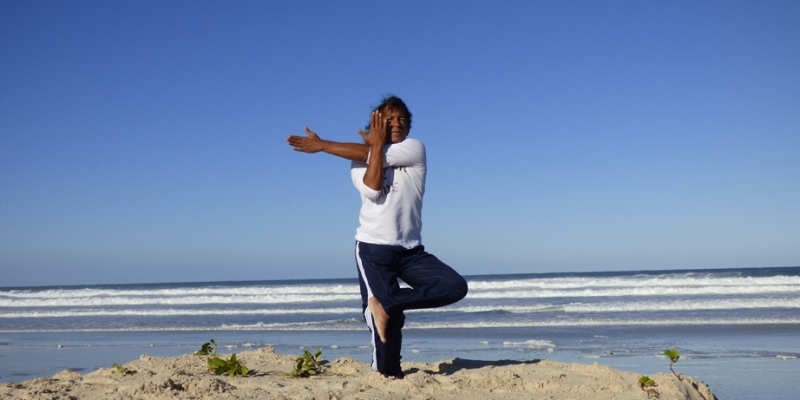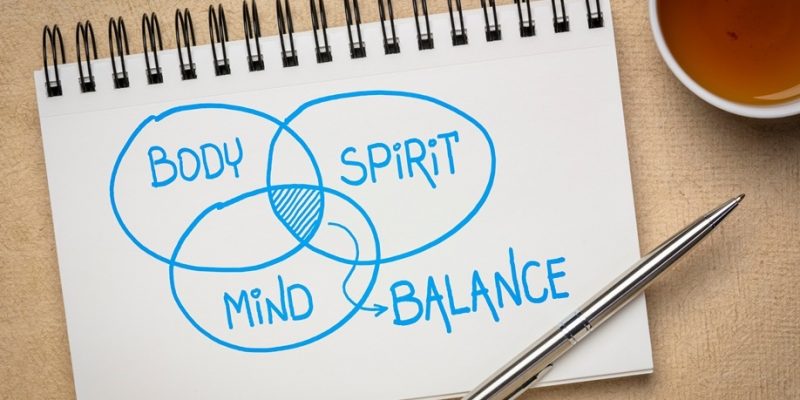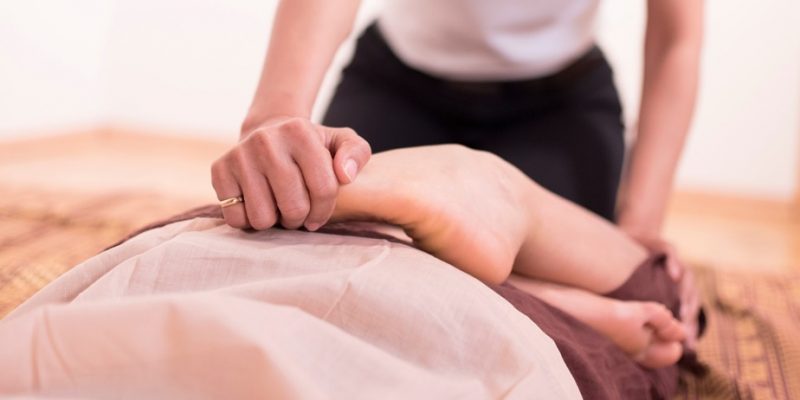
Keeping one’s physical balance in daily life is an essential ability for people of all ages.
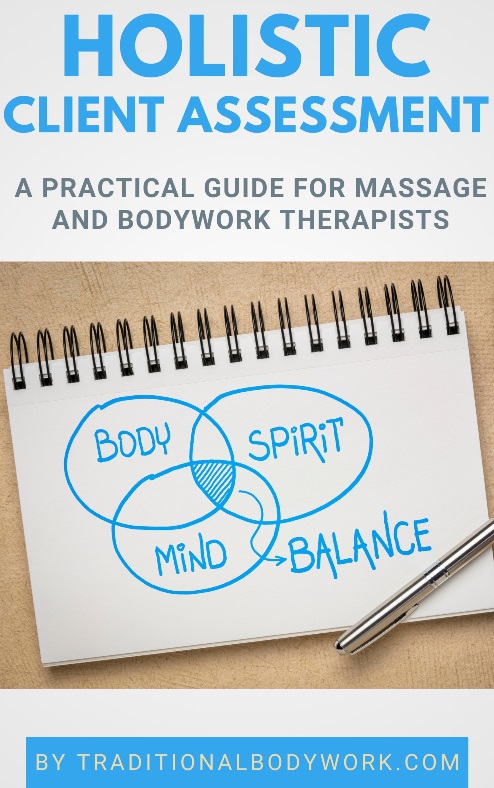
It prevents falling and hurting oneself, and it makes one more agile and more confident while walking, biking, dancing, getting out of bed or out of a chair, climbing or descending (the stairs, for instance), running, or engaging in sports activities, or even in taking “rough terrain,” for instance, while doing a hike or trek.
It’s good practice to test the client’s ability to keep their balance (you can find many examples of functional balance assessment tests on the Internet), because there are many training exercises available (the techniques are also readily available on the Internet) through which one can train one’s balance. It can be of great help to your clients.
In addition, balance difficulties can give therapists indications of certain weaknesses or deficiencies of the client’s body (such as a weak left or right leg, foot, ankle, knee, hip, and so on), which could be caused by muscle imbalances, general fatigue, or problems after an injury or surgery, etc.
However, do mind that balance impairments can have many reasons, including dysfunctions of the vestibular, somatosensory, and visual bodily systems. Environmental factors can also affect one’s balance, such as light conditions, floor surface changes, drugs, alcohol, and ear infection.


